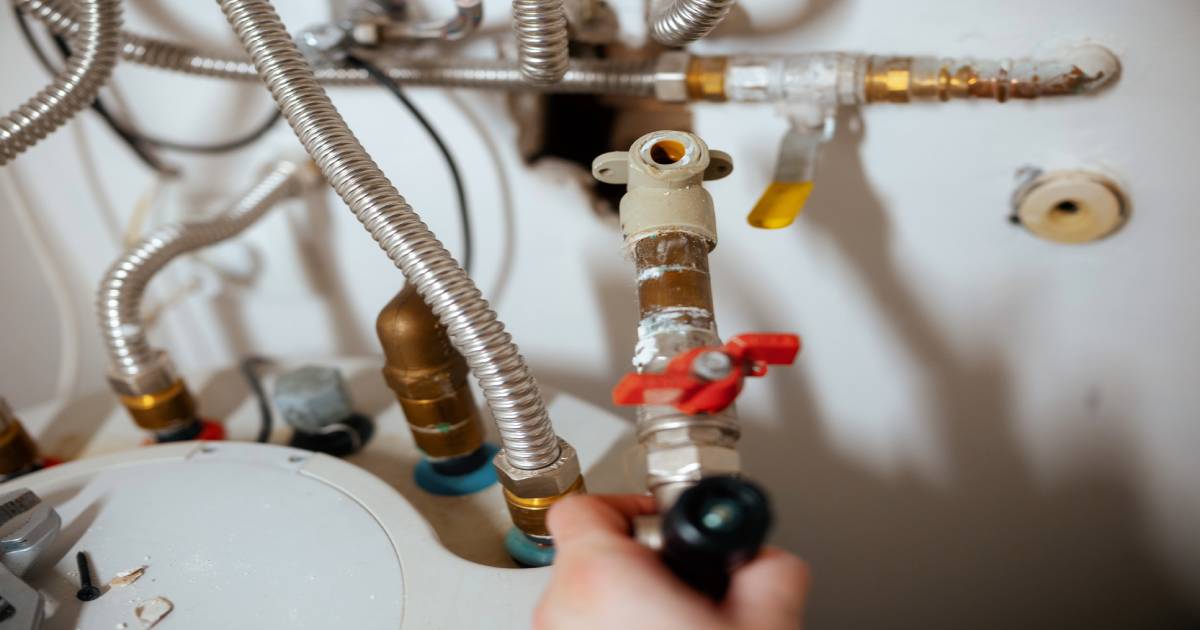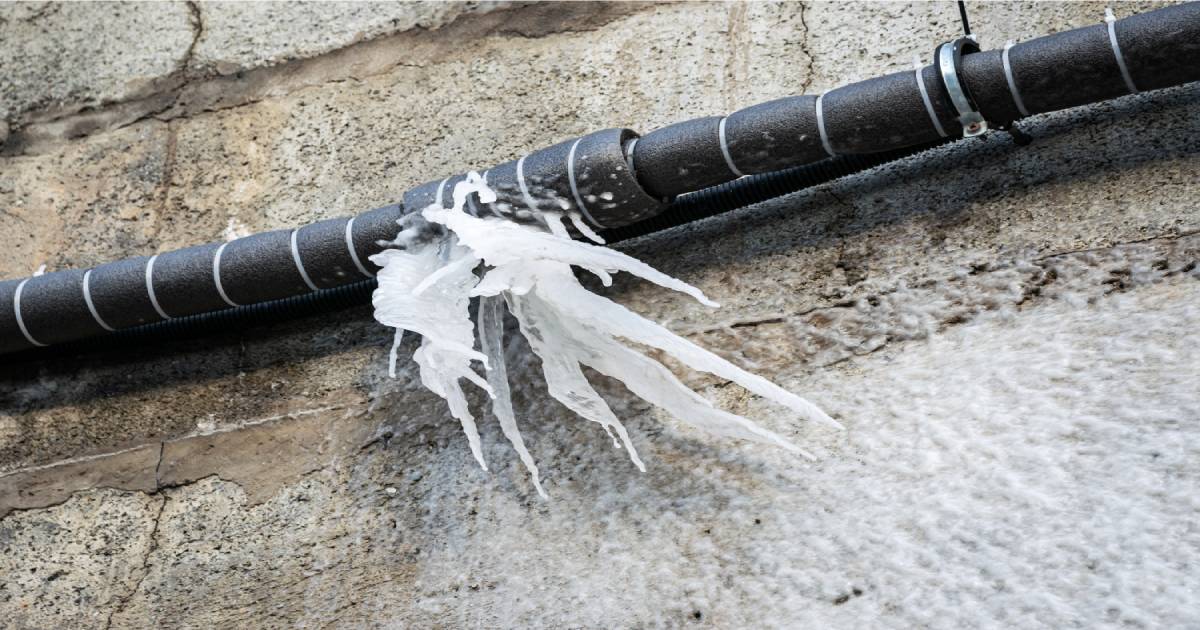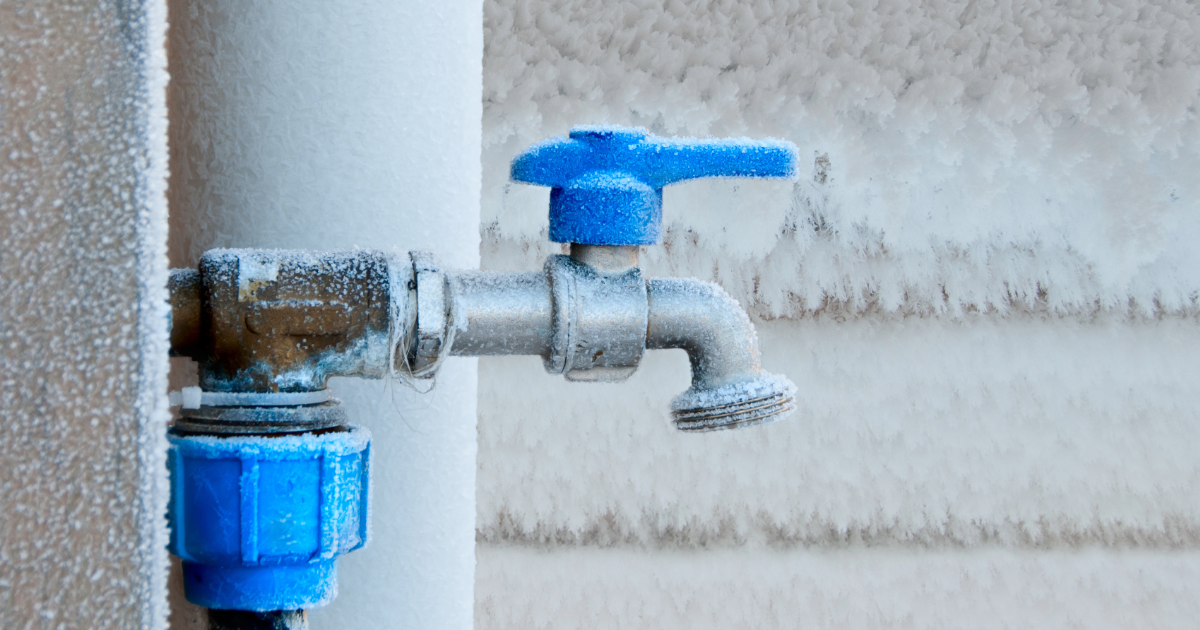
Signs Your Water Heater Needs Repair or Replacement
Noticing cold showers or leaks near your water heater? Here are the key signs it’s time for repair or replacement from the experts at Cold is on the Right.
Quick Answer
Your water heater plays a vital role in your home’s comfort and efficiency, providing hot water for showers, laundry, and daily cleaning. When it starts to fail, small signs can quickly turn into major problems if ignored. Understanding when your water heater needs repair or replacement helps you avoid costly breakdowns and ensures your system runs safely and efficiently.
Key Takeaways
- Fluctuating water temperature often signals a failing heating element or thermostat
- Rust-colored water may indicate internal corrosion or tank damage
- Unusual noises like popping or rumbling can point to sediment buildup
- Leaks around the base of the unit mean it may be time for replacement
- Water heaters older than 10 years often become less efficient and are prone to failure
- Regular maintenance extends lifespan and prevents unexpected breakdowns
Signs Your Water Heater Needs Repair or Replacement
Your water heater is easy to overlook until it stops working properly. Recognizing the warning signs early can help you decide whether a repair will fix the problem or if it’s time to invest in a new, energy-efficient model.
1. Inconsistent Water Temperature
If your water temperature fluctuates between hot and cold, it’s often due to a failing heating element or thermostat. These components control how water is heated inside the tank, and when they malfunction, you’ll notice irregular water temperatures. A professional plumber can test and replace faulty parts to restore consistent performance.
2. Discolored or Rusty Water
When water from your tap looks rusty or dirty, it’s a strong sign of corrosion inside the tank or the pipes. Over time, rust eats away at the metal, leading to leaks or system failure. If the discoloration is coming from hot water only, the tank’s interior lining is likely deteriorating, and replacement may be the safest solution.
3. Strange Noises from the Tank
Banging, popping, or rumbling sounds from your water heater usually mean there’s sediment buildup at the bottom of the tank. As the heating element burns through this layer of minerals, it can overheat and wear down the system faster. Flushing the tank regularly can help prevent this, but if the noise persists, the damage may already be done.
4. Leaks Around the Base of the Unit
Even small leaks near your water heater can cause significant water damage and signal that the tank has developed a crack. While fittings and valves can sometimes be tightened or replaced, a leaking tank usually requires a full replacement. If you notice pooling water or moisture near the base, shut off the power and water supply and call a plumber immediately.
5. Your System Is More Than 10 Years Old
Most traditional tank water heaters last between 8 and 12 years, depending on maintenance and water quality. As they age, they become less efficient and more prone to leaks or mechanical failures. If your water heater is reaching the end of its lifespan, replacing it with a newer, energy-efficient model can save you money and provide more reliable hot water.
Repair or Replace: Which Is Right for You?
If your water heater still produces hot water but shows early signs of wear, simple repairs may extend its life. However, if it requires frequent fixes, leaks regularly, or fails to meet your household’s needs, replacement is often the smarter long-term investment. A professional inspection can help determine which option is most cost-effective based on the age, condition, and performance of your current system.
Professional Water Heater Services in Austin, TX
At Cold is on the Right, we specialize in diagnosing, repairing, and replacing all types of water heaters in Austin, TX. Whether you have a traditional tank or a tankless model, our licensed plumbers can help you restore comfort and efficiency to your home.
High fives are free. Request your appointment today!



.jpg)


